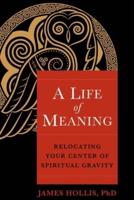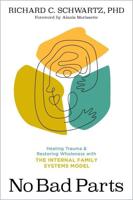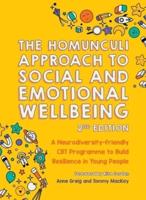Publisher's Synopsis
A psychotherapist and long-time acquaintance of Albert Ellis presents a biography of one of the leading contributors to the theory and practice of modern psychotherapy. Ellis, a prodigious writer, has been a center of controversy for his writings on sex, and for his development and advocacy of rational-emotive therapy. Wiener provides good insights into how ideas are shaped by a scientist's personal characteristics. Choice
The volume is fascinating: Ellis is and has been outspoken and intellectually stimulating to listeners on his favorite topic: `how to live well'. Psychological Reports
This fascinating study portrays Ellis as a living model of his own therapy. The author details how Albert Ellis arrived his theories through his need to find a way of handling his own psychologically neglected childhood and adolescence. Drawing upon the recollections of Ellis' brother, childhood friends, Ellis himself, his associates and companions, former students and patients, and Ellis' autobiographical notes and correspondence, Wiener presents an account of the man who, during the mid-fifties, revolutionized psychotherapy with a more direct, active style of treatment. Ellis maintained that a person gains nothing by considering and treating himself as if he had been victimized. Rather, the person needs immediately to start changing himself by adopting a different, more objective attitude toward his problem. This alternative to psychoanalysis is termed RET, or Rational Emotive Therapy, and is a direct forerunner of the behavioral cognitive therapy approach.










